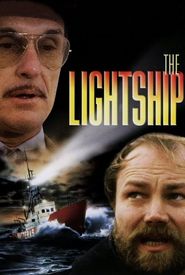Siegfried Lenz, a renowned literary luminary and accomplished thespian, burst onto the scene on March 17, 1926, in the historically rich and culturally significant region of Lyck, East Prussia, Germany, a locale that has since undergone a profound transformation and is now known as Elk, Warminsko-Mazurskie, Poland. This pivotal moment in time served as the starting point for a life that would be characterized by a diverse array of creative pursuits and notable accomplishments, laying the groundwork for a remarkable journey that would unfold over the years to come.
Throughout the vast and illustrious expanse of his remarkable career, Lenz's profound impact on the literary and performing arts spheres has been nothing short of extraordinary, yielding a lasting legacy that will undoubtedly be cherished and revered for centuries to come.
Noted for his profound impact on the world of cinema, this accomplished filmmaker has left an indelible mark on the industry, with a body of work that spans multiple decades and a wide range of genres.
Among his most celebrated creations is the 1985 release "The Lightship", a cinematic masterpiece that has garnered widespread critical acclaim. Additionally, his earlier works, such as the 1964 film "Die Zeit der Schuldlosen", and the 1963 release "Das Feuerschiff", have also received widespread recognition and admiration from audiences around the world.
These films, each in their own unique way, showcase the filmmaker's mastery of his craft, as well as his ability to captivate and inspire audiences through the art of storytelling.
Lisbet Östman
Siegfried Lenz embarked upon an extraordinary odyssey of creativity, imagination, and literary prowess, a journey that would ultimately culminate on October 7, 2014, as he departed this mortal realm in the esteemed city of Hamburg, Germany, leaving behind a profound and lasting impact that continues to reverberate through the annals of artistic expression and literary heritage.

















